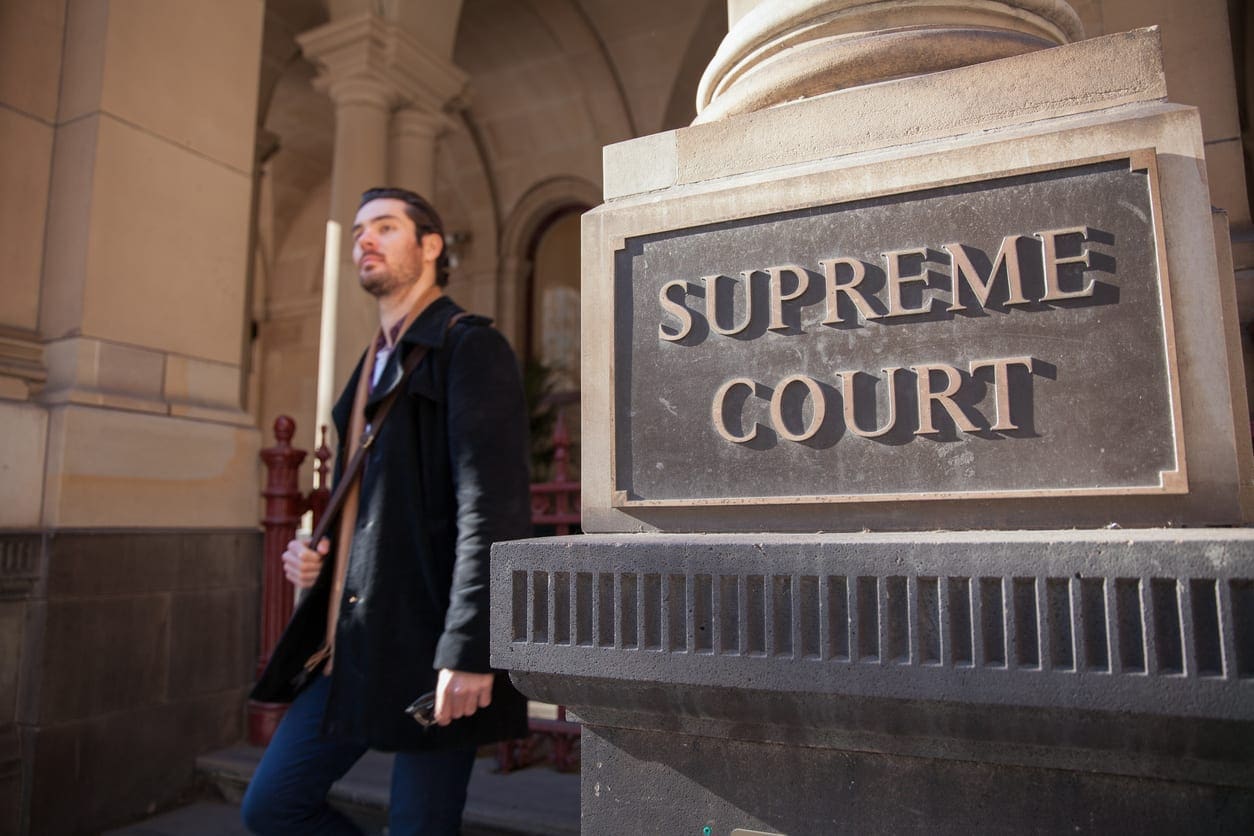servicing macarthur since 1950
Probate & Administration
Achieving Security and Peace of Mind
probate & administration
Achieving Security and Peace of Mind
Probate & Administration
It is often very difficult for people to know what to do and where to turn after losing a loved one. The solicitors at Caldwell Martin Cox have extensive experience in helping people through this emotional time by advising on the process required for their circumstances and attending to all of the assets and liabilities that the deceased had.
What is Probate?
Probate is the process whereby the Supreme Court confirms that the Will of a deceased person is valid and approves the authority of the Executor to administer the Estate. The Executor is the legal representative of the Estate.
Not all Wills require Probate. Whether a Will requires Probate will depend on what assets are held by the Estate at the time of the deceased’s death and how those assets may be released. Generally real estate held only in one person’s name or as tenant in common, bonds held with aged care facilities, shareholdings over $25,000.00 and bank accounts over $50,000.00 will require Probate before those assets may be released or transferred.
An estate that does not require Probate may be dealt with informally, by an Executor providing written indemnities to release or transfer the assets of an Estate.
Generally the Executor’s role in an Estate is to:-
Determine whether there is a specific direction in the Will in relation to the nature and place of burial or cremation and, if not already done, to arrange for the deceased’s funeral;
Ascertain the assets, liabilities and other entitlements to the Estate and to identify the beneficiaries;
Make an application for Probate within 6 months of the deceased’s death (if required);
Properly administer the estate by collecting any income and getting any assets of the estate;
Arrange the publication of a formal Notice of Intention to Distribute after one month from the date of publication, giving notice to creditors or others having claims against the estate;
Arrange payment out of the proceeds of the Estate for:
- Funeral expenses
- Costs and expenses of adminstration
- Other debts of the deceased including tax;
- Specific gifts of money;
Act with care and, in the interests of the beneficiaries, administer the Estate in accordance with any direction or power in the Will as quickly as possible;
Seek expert legal advice as to whether an eligible person under the Family Provisions legislation has reasonable grounds to make a claim.
Whether an Estate requires Probate or not may be dealt with informally; Caldwell Martin Cox is able to assist you to fulfil your role as an Executor.
What are Letters of Administration?
When a person dies without a Will or there is a problem with the Will, the Supreme Court can approve the authority of a person to act as an executor of that Estate, who is called an Administrator. The process is called Letters of Administration. The requirements for obtaining Letters of Administration are similar to making an application for probate.
Once the Supreme Court has authorised the appointment of an Administrator, that person’s role is to:
Properly administer the estate by collecting any income and getting any assets of the estate;
Publish a formal Notice of Intention to Distribute after one month from the date of publication, giving notice to creditors or others having claims against the estate;
Arrange for payment out of the proceeds of the estate of:
- funeral expenses;
- costs and expenses of administration;
- other debts of the deceased including tax;
- specific gifts of money;
Act with care and, in the interests of the beneficiaries, administer the Estate in accordance with the Grant of Letters of Administration as quickly as possible;
Seek expert legal advice as to whether an eligible person under the Family Provisions legislation has reasonable grounds for making a claim;
If a person has died without a Will then the rules on how the assets are to be distributed are complex and cover situations including:
- Sharing assets between multiple partner/spouses;
- Sharing assets between a de facto partner and a spouse;
- Sharing assets between a de facto partner and a child/children;
- Sharing assets between extended members of the family;
- Indigenous Estates
For information and assistance on all estate management issues, please call or email a member of the Caldwell Martin Cox Estates Team.
Other Wills & Estate Services

Get in Touch
02 4651 4800
help@cmcox.com.au
Open Hours
8.30am - 5.00pm Mon - Fri
We have Accredited Specialists in:
- Advocacy
- Family Law
- Property Law


Liability limited by a scheme approved under Professional Standards Legislation
![]()

